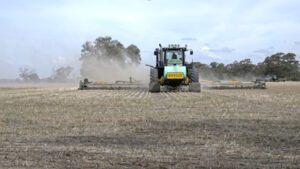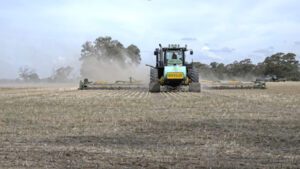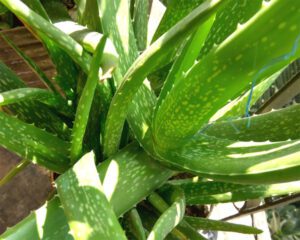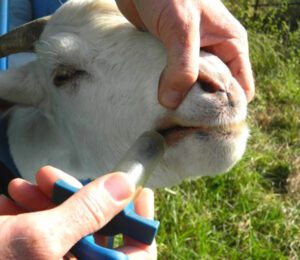Commercial herbal farming is a very old and popular business in many countries around the world. People uses herbs in almost everywhere throughout the world. Herbal farming is actually the practice of producing herbs for market sale purpose. Small scale herbal production in small farms is an ancient practice.
Herbal farming in small farms is very beneficial as the smaller farms are more efficient in terms of manpower uses and value of the crops on a per acre basis. Along with this, the market for herbs is not as large as the popular commercial crops. Although, demand and market for herbal products is increasing gradually.
Herbs have many different uses. They can be used for culinary, medicinal or aromatic use, and also sold fresh-cut or dried in the market. Some herbs are also grown for their essential oils or as raw material for making herbal products. The concept of starting up your own small, herb farms stems from the needs of local restaurants and at-home chefs demanding fresher, locally grown products.
Home grown, small scale start ups often begin on a smaller piece of land and may also include areas of the house to be used to germinate seeds. However, commercial or small scale herbal farming can be a very good business for making money. You can start this business for making some extra cash.
Herbal Farming System
Starting small scale or commercial herbal farming is relatively easy. Here we are trying to describe more information about starting and operating a small scale herbal farming business.
Suitable Soil
Good condition and good fertility of soil is a very important factor for herbal farming. The soil must have to be well drained and free from water logging.
Prepare the land in such a way so that it crumbles easily. Because of this, the roots will be able to get sufficient water without rotting the roots and the same time strengthening them.
If the soil is not proper in any area of the farm, then there should be some changes made by adding soil amendments so that there would be good and healthy growth of the herbs.
Greenhouses/Nurseries
Greenhouse production system is a great way for growing herbs throughout the year. In this system controlling temperature and water conditions inside the greenhouse is very important.
Grower can also start seedlings early and then prepare them for transplant outdoors as the weather permits.
The type of greenhouse used for growing depends on the long term needs of the herb farm, and consideration for utility costs should be factored when determining size and type of greenhouse installation necessary.
Important factors for growing from the seedling stage to the full cycle of the plant are water, light, temperature control, mineral content of soil, control of the gases required in the process of photosynthesis, and pest and disease management.[1]
Propagation
Like other commercial crop production system, herbal farming is also done by using many types of propagation system. The herb plants can be started from seed or purchased as a seedling.
Common herbs grown from seed are basil, chives, dill, flat and curly leaved parsley, sage, thyme, rosemary, cilantro, aloe vera, lavender etc.
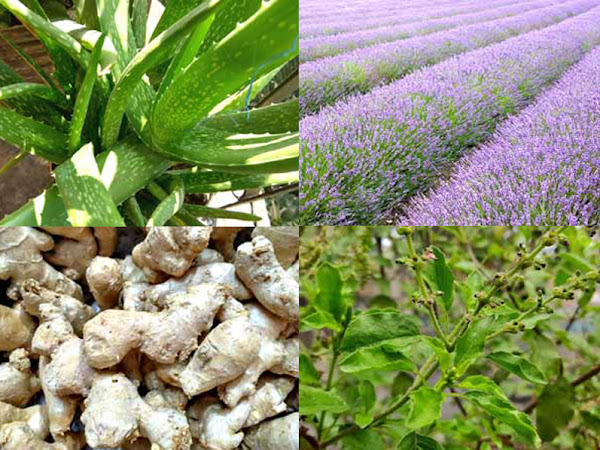
Some herbs can also be grown via vegetative means, such as rooting cuttings, division of the plant, bulbs or tissue culture. Rooting cuttings works best with soft stemmed herbs such as mint, lemon balm, basil and stevia.
The advantage of growing via a vegetative process gives you a plant that is exactly identical to the parent plant.
Diseases & Pests Control
Most of the herb growers used to use organic materials for controlling diseases and pests. Common pests in the herb farm are ladybugs, lacewings, aphid parasites, mantids, whiteflies, fungus gnats, and predatory mites etc.
Common herb diseases are viruses, rusts, root diseases, botrytis and mildew. Always try to apply organic methods for controlling them. Consult with an expert in your area for more information.
Different Types of Herbs
There are numerous types of herbs available to grow. You can choose any for starting your commercial herbal farming business.
- Aromatic Herbs
- Biennial Herbs
- Culinary Herbs
- Medicinal Herbs and
- Perennial Herbs
Here we are trying to shortly describe about each type of herbal farming system.
Aromatic Herbs Farming
The herbs which are used for enhancing the taste of the food and the dishes are called aromatic herbs. These herbs are used to season the stews and add extra flavor to the recipe.
Aromatic herbs are mostly used in the foods of the Mediterranean area mainly because of their aromatic, medicinal values. Common aromatic herbs are;
Biennial Herbs
The term ‘Biennial’, actually refers to the longevity of the plant. The plants which are grown annually will live only for one season and their entire life cycle will be completed within that time.
The seeds which are dormant will go to the next season for growing. These plants are the ones which take almost two years to complete their life cycle.
The biennial plants will be growing leaves, roots and stems in the first year and in winter, it reaches the dormancy period. The stems will be small and the leaves will be very low which form a rosette.
The biennial plants will treat a cold treatment before the flowering starts. The stem grows well and the plant start flowering in the next summer. It also produces a good number of fruits and seeds before death.
There is a chance that the plant completes in life cycle quickly, if the environmental conditions are extreme. Common biennial herbs are;
- Angelica
- Caraway
- Evening Primrose
- Foxglove
- Parsley
Culinary Herbs
Culinary herbs will have the properties which are aromatic and savor. These are used as flavors in food and also for the purpose of garnishing. And most of these culinary herbs are annual and few of them live for many years.
The culinary herbs which have long lifespan will also serve as a plants which are pest repellent, companion plants etc. These herbs are tolerant to drought after their establishment and they will need full sun. Common culinary herbs are;
- Peppermint
- Parsley
- Bay Tree
Medicinal Herbs
Medicinal herbal farming has become a very popular business in many countries around the world, especially the South Asian countries.
Medicinal herbs are the cash crops which are considered very profitable and also the ones which are most valuable. The medicinal herbal farming is the one which is a very good opportunity for the farmers in recent times. Common medicinal herbs are;
Perennial Herbs
Perennial herbs are those plants which live for at least 3 years. The foliage which is at the top will go back to the ground every winter and then grows again in the next summer from the roots which are existing at present.
Perennial herbs are the herbs which are grown from the herbaceous plants which can live for more than two seasons. Growing perennial herbs is much more profitable, time saving and also effort saving. Common perennial herbs are;
- Asparagus
- Chives
- Coriander
- Curry Leaves
- Mint
- Rosemary
- Oregano
- Tarragon
However, these are types of herbs you can choose from to grow. You can start your own small scale or commercial herbal farming business for making money. Hope this guide has helped you! Good luck and may God bless you!


